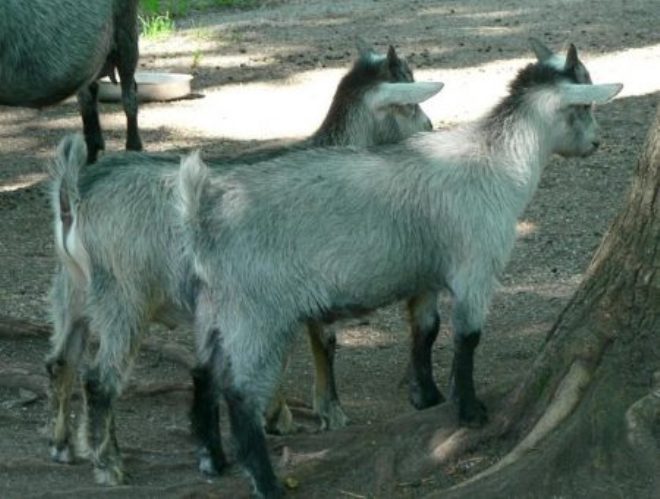Outbreak News today
Monday January 15, 2018

Fasciolosis is a well known worldwide and an important helminthic disease of silvatic ruminants caused by liver fluke species of the genus Fasciola, which is one of the most neglected diseases that can lead to human infection.
In a recent Radio Ergo report, goat herders in Mahaday district of southern Somalia’s Middle Shabelle region say they are losing many of their goats due to the liver flukes. The report notes that some 4,000 goats have died from the parasite during the past three months.
It is extremely difficult to verify such numbers, although experts say that Fascioliasis alone would most likely not cause such high fatalities, the report notes.
The livestock disease is reported in areas where the water has been contaminated after seasonal flooding of the river Shabelle.
Fasciolosis infections in livestock can result in significant economic losses, from decreased productivity to mortality.
Fasciola hepatica, the common liver fluke (also called the sheep liver fluke) is a flatworm belonging to the Trematodes. Its final hosts are sheep, goats, cattle and other domestic and wild mammals, including horses, dogs, cats and humans.
The common liver fluke occurs worldwide but is particularly abundant in humid regions with temperate climate where it can be endemic.
It is one of the most abundant and damaging helminth parasites of grazing ruminants (sheep, goats, cattle). In endemic regions 100% of the animals can be infected. It is particularly harmful, even fatal for sheep. Prevalence and incidence in a particular region depends strongly on ecologic and climatic conditions (e.g. habitats for intermediate hosts and wild mammals, overwintering of the parasites in the environment, etc.) and on livestock management practices (stock density, grazing patterns, etc.).